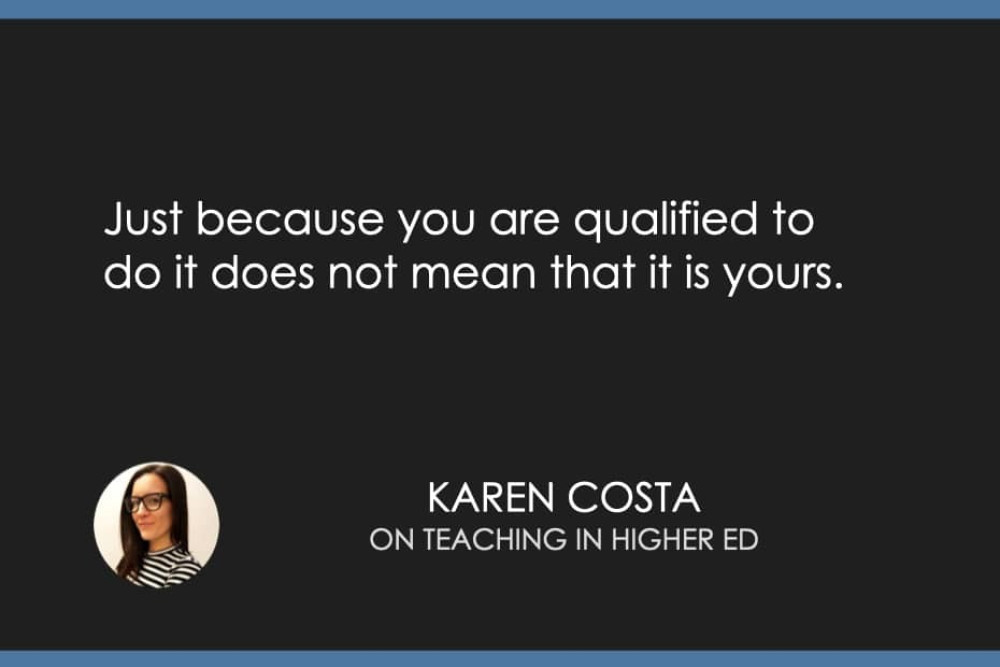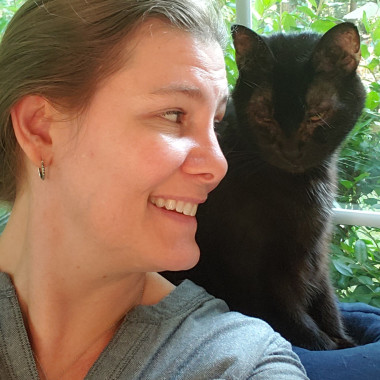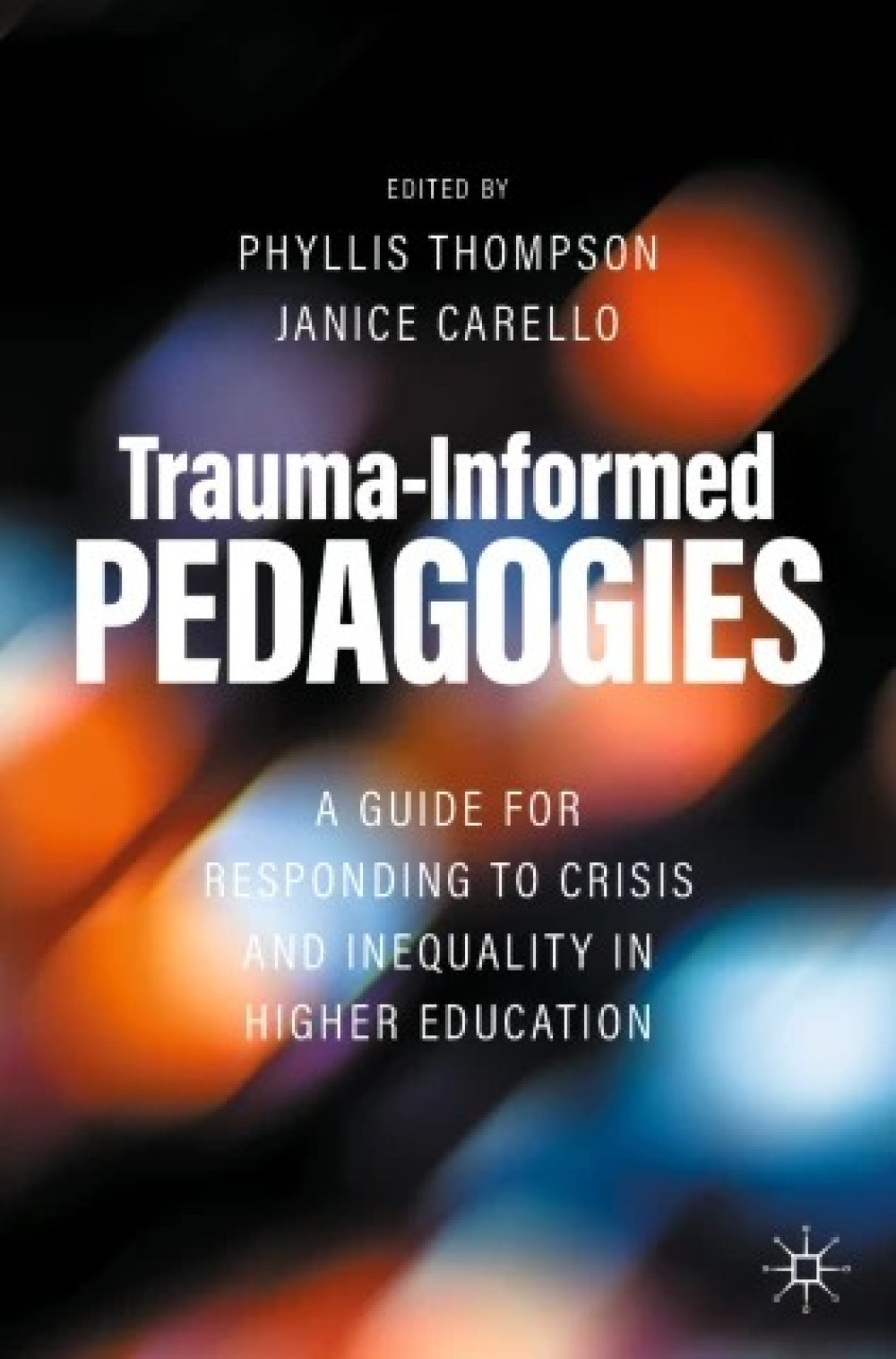How Role Clarity and Boundaries Can Help Us Thrive, with Karen Costa
On episode 505 of the Teaching in Higher Ed podcast, Karen Costa shares a framework to help faculty navigate their roles in higher education.
In this podcast, I appreciate how Karen initially frames the conversation around trauma-aware pedagogy, secondary trauma, and the (sometimes too high) demands placed on faculty and students, to lead into a discussion on the importance of boundaries and having role clarity as educators. By exploring an educator's scope of practice, Karen ultimately argues that to best support our students, we need to first support ourselves.
View excerpt
How Role Clarity and Boundaries Can Help Us Thrive, with Karen Costa – Teaching in Higher Ed

Karen starts off by describing trauma-aware pedagogy, secondary trauma, and the demands placed on faculty and students, especially coming through COVID and other wide-ranging workplace issues. This framing leads into a discussion on the importance of boundaries and having role clarity as educators. She introduces and explores an educator's scope of practice by walking the audience through an exercise in thinking through 'what is mine?' and 'what is not mine'?
Here's an excerpt from Karen on the podcast:
"So I was hearing from faculty telling me these stories of students coming to them, sharing their traumas in the classroom. Because for you know, once, once we started coming back and it was just...too much, and in many ways still is. So I wrote the scope of practice and developed that work probably early 2021 as we started returning to campus as a tool for faculty, you know, as a sort of a language for them to have...And we'll talk more about what this looks like to say this is mine and this is not mine and to do it in a really simple way not only to help them take care of themselves but also to take care of students. So it's again this is absolutely based on mutualism benefiting faculty and students as this crisis continues and as we see we now live in sort of this era of crisis."
Karen continues on the podcast with a nod to administrators and extending the scope of practice framework:
"So I would really love lots of forward thinking administrators to really take a hard look at course loads and class sizes and ask if they are right sized for this era of crisis and for the mental health challenges that both faculty and students and staff are experiencing."



